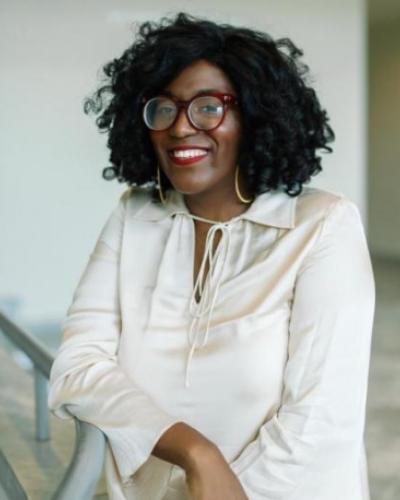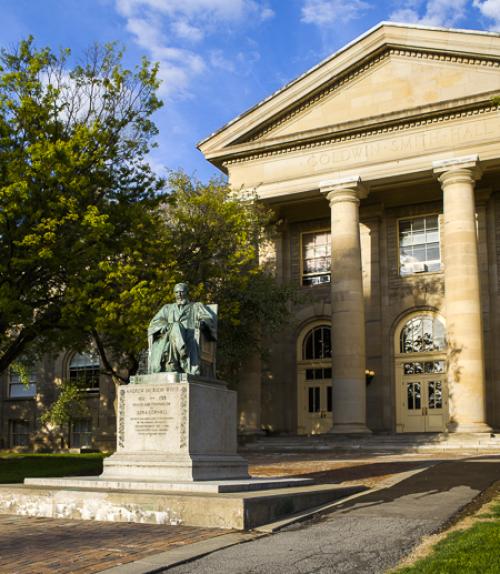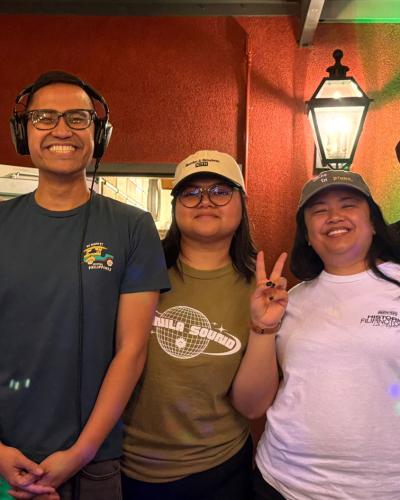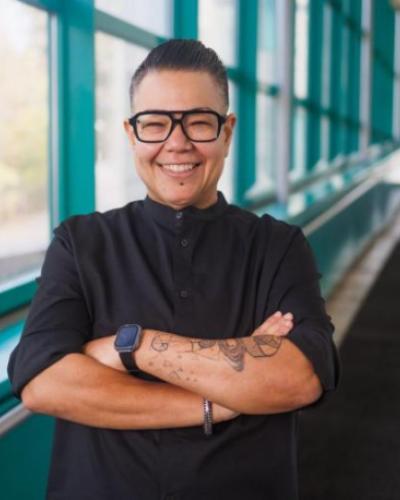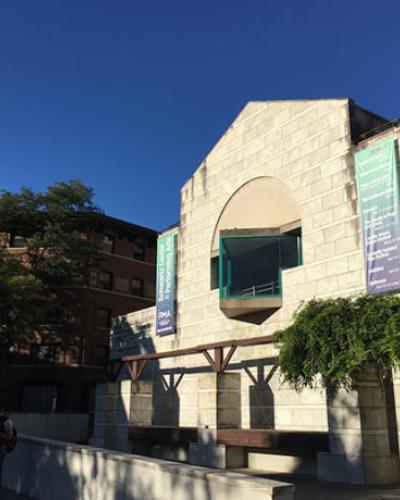Begin your course planning now! The following are new or revised/revived courses offered by the Department of for the spring 2019 semester.
Dance Improvisation (PMA 2280)
Instructor: Jumay Chu
Course Time: W 7:30 p.m.–9:25 p.m.
How do we inhabit the liveness of the moment, make decisions in the instant, remain flexible to the present? In the search for “freedom,” we will learn how to negotiate our constantly changing geography of constraints. This course will explore various approaches to space, time, music, shape, and image, taking the new skills into public performances around campus and town in collaboration with the musicians of the Music Improvisation Ensemble.
(Embodied Performance rubric)
Global Stages II (PMA 3751)
Instructor: Sara Warner
Course Time: M/W 2:55 p.m.–4:10 p.m.
This course is designed to introduce students to a range of historical, cross-cultural, and transnational performance texts, theories, and practices; to motivate students to examine the broad social, political, cultural, and economic contexts in which performances take place; and to familiarize students with the major methodologies and paradigms for the creation, spectatorship, and interpretation of embodied performances. Our investigations of these issues will be routed through three organizing concepts: conquest, commerce, and community.
(History, Theory, Criticism rubric)
Drama Across Borders: The Politics and Poetics of Contemporary Theatre in Translation (PMA 3753)
Instructor: Rebekah Maggor
Course Time: T/R 10:10am - 11:25am
Are you interested in world literature and theatre? Are you curious about translation? Then "Drama Across Borders" is for you. No foreign language proficiency or translation experience necessary, although warmly welcome! What happens when American actors perform a Syrian play in English? What happens when Chinese actors perform an American play in Mandarin? Drama Across Borders will track the journey of several contemporary plays translated to and from English. We will explore how plays transform in translation and attain a different meaning in a new language and context. Among other case studies, we will discover how a play in Arabic from Palestine makes its way to an English-language staging in New York, and follow the voyage of a Pulitzer-prize winning American play to its Mandarin Chinese world-premiere in Beijing. Beyond the literal translation of the text, this course will investigate how drama crosses borders through the casting of actors, costume and set design, direction, music, and promotion. We will read plays, essays, see live performances, watch videos, and welcome guest artists. All course materials in English.
Staging Dissent: Theater and Climate Change (PMA 4825/6825)
Instructor: Sara Warner and Godfrey L. Simmons, Jr.
Course Time: F 1:25 p.m.–4:25 p.m.
This class will explore the wide and varied application of theatrical techniques and practices to struggles for social justice in diverse historical moments, cultural contexts, and geographic locales. Framed by theoretical investigations into the relationships among performance, politics, and civic engagement, this participatory course will examine how power relations "play" themselves out in grand "spectacles," how authorities "mask" their privilege, and how social "actors" use theatricality to "(re)stage" repressive social "scripts." We will investigate theater's function as a forum for rethinking and rehearsing notions of agency, citizenship, and community by analyzing and devising performances aimed at fomenting personal, collective, and institutional change.
(History, Theory, Criticism rubric)
Race, Performance, and Sound Studies (PMA 6818)
Instructor: Christine Bacareza Balance
Course Time: W 2:30 p.m.–4:25 p.m.
This course engages with new and foundational writings in sound studies & performance studies that place the racialized body— be it of the performer, listener, and/or critic – as well as racialized histories, places, and practices at the center. This interdisciplinary course will study methodological tools, critical concepts, and readings drawn from queer, feminist, black, Latina/o, Asian American, and postcolonial approaches, to name a few. We will engage with the role of sound and its technologies throughout U.S. history (i.e. slavery, wars and empire, social movements, immigration & migration, militarism) as well as the ways in which racialized performers, listeners, and critics have labored within and against these sonic regimes, imagining new politics, practices, and ways of being.
(History, Theory, Criticism rubric)

